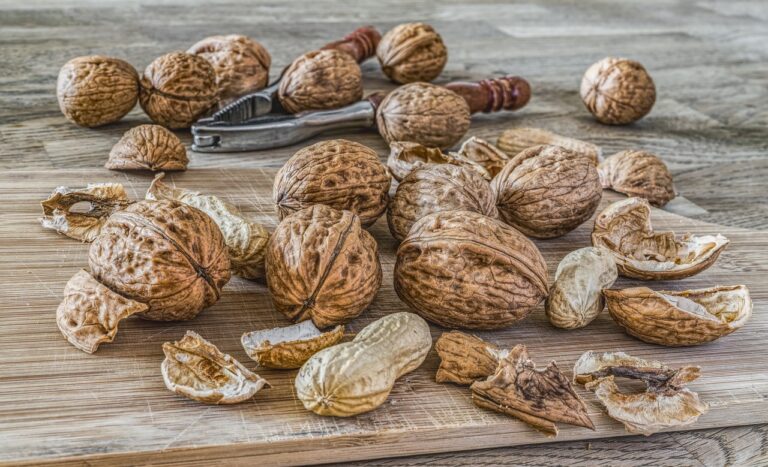The Benefits of Cooking with Fermented Vegetables: Probiotics and Digestive Health
Fermented vegetables are a powerhouse of beneficial bacteria, known as probiotics, which play a crucial role in balancing the gut microbiome. These probiotics help in maintaining a healthy gut flora, which is essential for proper digestion and overall well-being. By consuming fermented vegetables regularly, you can support the growth of these beneficial bacteria and promote a healthy gut environment.
In addition to their probiotic content, fermented vegetables are also rich in enzymes that aid in the digestion and absorption of nutrients. These enzymes help break down food more effectively, allowing the body to absorb essential vitamins and minerals more efficiently. This can lead to improved nutrient uptake and better overall health.
The Role of Probiotics in Digestive Wellness
Probiotics play a crucial role in supporting the health of our digestive system. These beneficial bacteria help maintain a balanced gut microbiome, which is essential for proper digestion and nutrient absorption. By promoting the growth of good bacteria and inhibiting harmful pathogens, probiotics contribute to overall digestive wellness.
In addition to aiding in digestion, probiotics also play a role in supporting the immune system. A large portion of our immune system is located in the gut, and maintaining a healthy balance of gut bacteria is key to supporting immune function. Studies have shown that probiotics can help reduce inflammation in the gut and improve the body’s ability to fight off infections. By incorporating probiotic-rich foods into our diet, we can help support both our digestive and immune health.
How Fermentation Enhances Nutrient Absorption
Fermentation is a process that breaks down the molecular structure of food, making nutrients more bioavailable and easier for our bodies to absorb. Through the action of beneficial bacteria and enzymes, fermentation can enhance the digestibility of various foods, leading to better absorption of essential vitamins and minerals. This transformation of nutrients during fermentation can increase the overall nutritional value of the food we consume.
Studies have shown that fermented foods can help promote a healthy gut microbiome, which plays a crucial role in nutrient absorption. A balanced and diverse gut microbiota can aid in breaking down complex molecules into simpler forms that our bodies can readily utilize. By incorporating fermented foods into our diet, we can support the growth of beneficial gut bacteria, leading to improved nutrient absorption and overall digestive wellness.
• Fermentation breaks down the molecular structure of food
• Beneficial bacteria and enzymes enhance digestibility
• Transformation of nutrients increases nutritional value
• Fermented foods promote a healthy gut microbiome
• Balanced gut microbiota aids in nutrient absorption
• Incorporating fermented foods supports growth of beneficial gut bacteria
What are some benefits of fermented vegetables for gut health?
Fermented vegetables are rich in beneficial probiotics that support a healthy gut microbiome, improve digestion, and boost immunity.
How do probiotics play a role in digestive wellness?
Probiotics are beneficial bacteria that help maintain a healthy balance of gut flora, which is essential for proper digestion, nutrient absorption, and overall gut health.
How does fermentation enhance nutrient absorption?
Fermentation breaks down the complex nutrients in food into more easily digestible forms, making it easier for the body to absorb essential vitamins, minerals, and other nutrients.
Can fermented foods help improve nutrient absorption for individuals with digestive issues?
Yes, fermented foods can be beneficial for individuals with digestive issues as they can help improve gut health, promote better digestion, and enhance nutrient absorption.
Are there any specific fermented foods that are particularly good for enhancing nutrient absorption?
Fermented foods such as sauerkraut, kimchi, kefir, and kombucha are known for their probiotic content and can be beneficial for enhancing nutrient absorption in the body.







